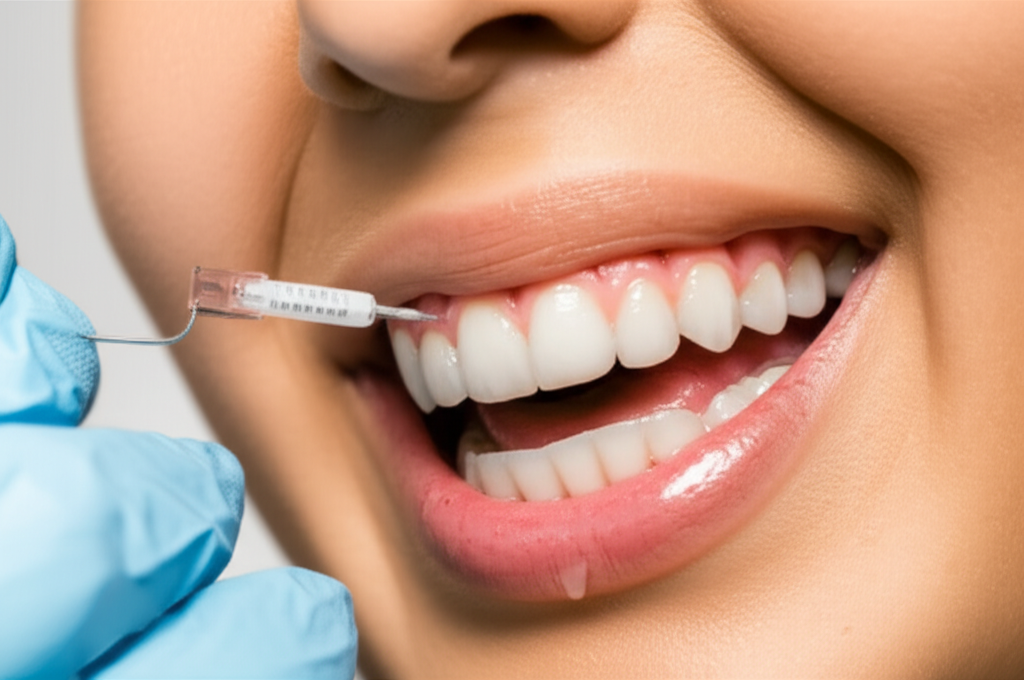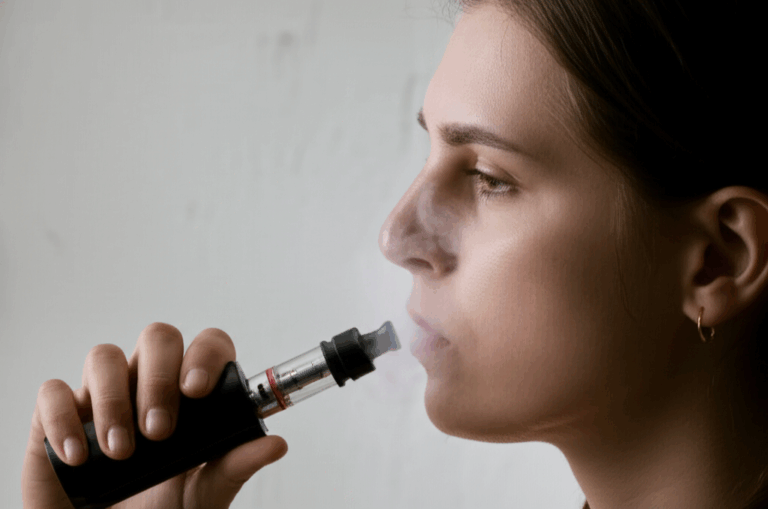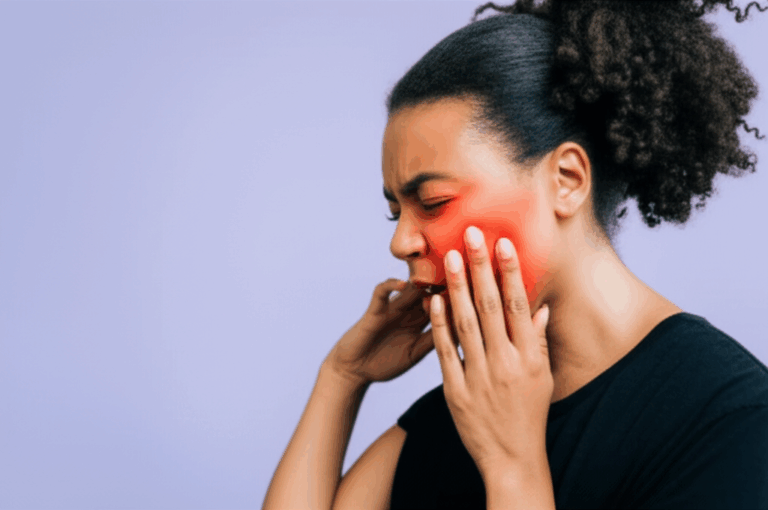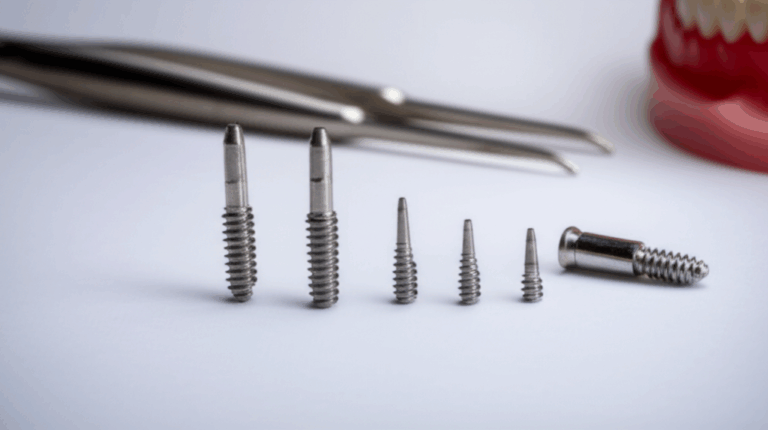
Can Prolia Cause Dental Problems?
Prolia is a medicine used to make bones stronger, especially for people with osteoporosis. But a lot of people wonder, “Can Prolia cause dental problems?” In this article, I’ll explain what you need to know about Prolia and your teeth. I’ll tell you why it’s important, what dental risks to watch out for, and what you can do to keep your mouth healthy. If you or someone you care about is using Prolia, you’ll want to keep reading, because some dental issues, like Osteonecrosis of the Jaw (ONJ), can be very serious—and the good news is, there’s plenty you can do to avoid them.
Table of Contents
- Why Should You Worry About Dental Problems with Prolia?
- What Is Prolia and How Does It Work on Bones?
- What Is Osteonecrosis of the Jaw (ONJ), Anyway?
- How Often Does ONJ Happen to People Using Prolia?
- What Are the Biggest Risks for Dental Problems on Prolia?
- What Are the Signs of ONJ and Other Dental Issues?
- How Can You Lower Your Risk of ONJ with Prolia?
- What Should You Do Before Starting Prolia?
- What If You Need Dental Work While on Prolia?
- How Can Dental Labs Help in Your Oral Care Plan?
- Frequently Asked Questions
- Important Points to Remember
Why Should You Worry About Dental Problems with Prolia?
Let’s be honest. Nobody likes visiting the dentist more than they have to. Now, when you take medicines like Prolia to help your bones, you might not think about your teeth or jaw. But Prolia (also called Denosumab) can cause some dental side effects—especially a rare but serious one called Osteonecrosis of the Jaw (ONJ).
Why does this matter? Well, you want strong bones and a healthy smile. No one wants their jaw to hurt, loose teeth, or slow healing after surgery. And, trust me, a little prevention now can stop a lot of pain later.
What Is Prolia and How Does It Work on Bones?
Prolia is a medicine your doctor might give you if you have osteoporosis or could have bone problems. It’s part of a group called RANK Ligand Inhibitors. To keep it simple, Prolia slows down the way your body breaks down old bone and makes new bone.
You get Prolia as a shot every six months. This helps your bones stay thick and strong. But here’s the problem: while stopping bone loss is good, it can also make it harder for your jaw bone to heal if you have dental work done or get a mouth infection.
What Is Osteonecrosis of the Jaw (ONJ), Anyway?
Osteonecrosis of the Jaw, or ONJ, is a fancy way of saying your jaw bone loses its blood supply and starts to break down. In simple words, it means parts of your jawbone die because they can’t heal themselves.
Most people notice ONJ when a piece of their jaw bone shows in their mouth and doesn’t get better even after weeks. It sounds scary—and it is! ONJ hurts, can cause swelling, pus, loose teeth, and even infections that are hard to treat. Luckily, it’s rare, especially for people taking Prolia for osteoporosis.
How Often Does ONJ Happen to People Using Prolia?
You might ask, “So, will this happen to me?” Studies show the risk of ONJ with Prolia for osteoporosis is really low—between 0.02% and 0.09%. That means about one person out of a thousand each year.
But here’s the thing—if you’re taking high doses of Denosumab for cancer (called Xgeva), the risk is much higher, as much as 1% to 15%. So, most people using Prolia for bone health don’t have much to worry about. Still, it’s good to know your risks and how to make them even smaller.
What Are the Biggest Risks for Dental Problems on Prolia?
Here’s where things get real. ONJ usually happens after dental surgery, like pulling a tooth. But other things can make your risk higher, too. These include:
- Not cleaning your teeth (not brushing and flossing)
- Gum or tooth disease
- Taking medicines like steroids or getting chemotherapy
- Having things like diabetes or cancer
- Smoking
- Using Prolia for a long time (the risk goes up the longer you use it)
If this sounds like you, don’t worry—you can still cut down your risk. And if you already have problems like loose teeth or swollen gums, it’s time to do something now.
What Are the Signs of ONJ and Other Dental Issues?
The hard thing about ONJ is that it sometimes sneaks up on you. Watch out for:
- Pain in the jaw or mouth that doesn’t go away
- Swelling or redness of your gums or jaw
- Feeling like your jaw is heavy or numb
- Loose teeth for no real reason
- Jaw bone showing in your mouth (looks white or dark)
- Pus or infections that don’t go away
- A wound that doesn’t get better after dental work
If you see any of these, especially bone showing or bad pain that won’t stop, call your dentist, doctor, or oral surgeon right away. Don’t wait. Finding things early really helps.
How Can You Lower Your Risk of ONJ with Prolia?
Nobody wants mouth pain or scary problems like ONJ. But you can do a lot to keep your mouth safe if you’re on Prolia:
Think of these like wearing a seatbelt—the risk of a crash isn’t high, but it’s good to be safe just in case.
Table: Prolia and ONJ—At a Glance
| Risk Factor | How Much It Raises Risk |
|---|---|
| Recent tooth pull | High (50–70% of ONJ cases) |
| Not cleaning teeth well | Moderate |
| Long-term Prolia use | A bit higher as time goes on |
| Smoking | High |
| Diabetes or cancer | Moderate to high |
| Chemo/steroids | Moderate |
What Should You Do Before Starting Prolia?
Before your first Prolia shot, the smartest thing you can do is see your dentist. Have them check for cavities, gum problems, or any teeth that need to be pulled. Get this work done before you start your medicine. It’s the best way to stay out of trouble later.
Tell both your dentist and your doctor that you’re about to start Prolia. They’ll help you set up a mouth care plan. For some people, the dentist might suggest fixing infections or bad teeth before your first shot.
If you’re still waiting for important dental work, ask your doctor if you should hold off on Prolia. Sometimes, stopping for a bit can help your jaw.
What If You Need Dental Work While on Prolia?
Sometimes you just can’t wait—maybe you break a tooth or need quick dental care. Here’s what to do:
- Tell your dentist right away if you’re using Prolia (or any bone medicine).
- For smaller things like fillings or cleanings, you’re usually fine.
- For bigger things like pulling teeth or implants, your dentist and doctor might talk about a “drug holiday.” This means waiting a bit before or after your Prolia shot, but it’s a little debated, so never stop your medicine without asking.
- Sometimes, if you need dental surgery, your dentist may suggest antibiotics or a special mouthwash to stop infection and help you heal.
Not sure what to do? Don’t guess. Call your dental team and your doctor. They want to help.
How Can Dental Labs Help in Your Oral Care Plan?
Dental labs are important partners for keeping your teeth healthy. Let me tell you a bit about china dental lab partners who work with dentists everywhere. Labs like these use good technology to make crowns, bridges, dentures, and implants.
For example, if you need a new dental crown to cover a weak tooth before starting Prolia, a crown and bridge lab can make one just for you. Or, if you need a partial denture instead of pulling a tooth, a removable denture lab can make one that fits and looks right.
And for the best results, a dental ceramics lab makes new teeth or covers for damaged ones that look real and help protect your jaw.
By working with a good dental lab and following your doctor’s plan, you can keep both your bones and your mouth healthy—no matter what medicine you need.
Frequently Asked Questions
What if I already have dentures or dental implants?
Good news: dentures and implants alone don’t cause problems. The risk is if you need to take them out or fix them. Always tell your dentist about your Prolia before any changes.
Can Prolia make my teeth fall out?
Prolia doesn’t make your teeth fall out by itself. But, if ONJ happens, teeth in that area can get loose. With regular checkups, most people never have this problem.
Should I stop brushing or flossing if my gums hurt?
No! You should still take care of your mouth, but use a soft toothbrush and gentle floss. If your gums bleed all the time or hurt, see your dentist for help.
Important Points to Remember
- Prolia can cause rare dental problems like ONJ, but the risk is low for osteoporosis patients.
- Jaw problems mostly happen after pulling a tooth or dental surgery.
- Keep your mouth clean and see your dentist twice a year to keep your risk low.
- Get dental treatment done before starting Prolia if you can.
- Always tell your dentist and doctor if you use Prolia, especially before dental work.
- Work with trusted partners like china dental lab for good dental work, including crown and bridge solutions, removable dentures, and dental ceramics.
- Check out more on teeth health to stay up to date.
- Don’t ignore jaw pain, swelling, or wounds that don’t heal—see your dentist right away!
Stay alert, ask questions, and work with your dental team. That way, you can have stronger bones and a healthy smile for many years.








